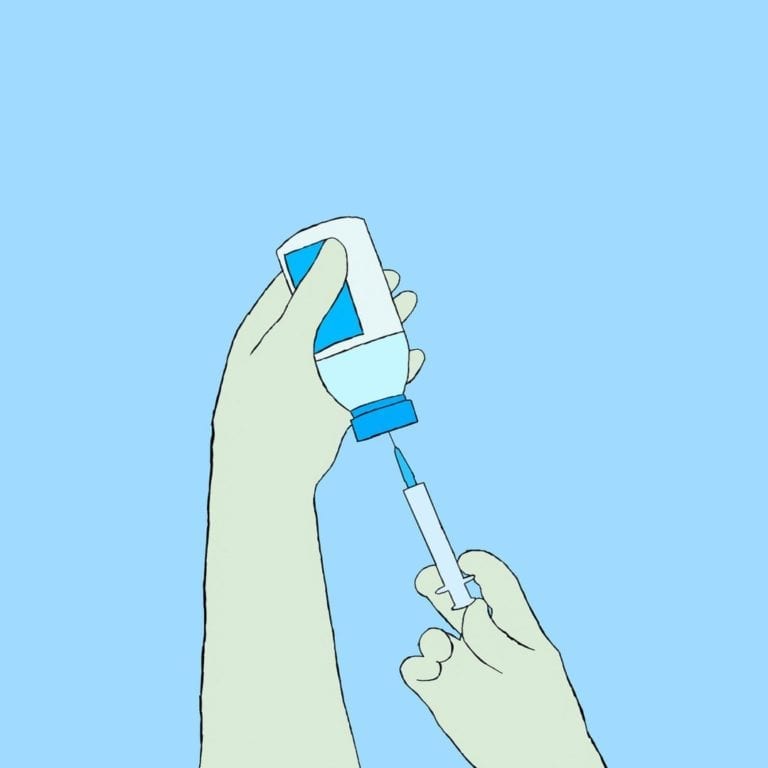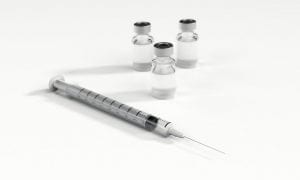In the past, there have been limited therapeutic options for pediatric patients living with hereditary angioedema (HAE). Children aged 2 to <6 years old had no approved prophylaxis therapy. For those ages 6-12, prophylaxis is available, though this is often intensive and requires frequent dosing. There is now a new therapy available that offers prophylaxis treatment for children aged 2 to <12: TAKHZYRO (lanadelumab-flyo).
According to a news release from biopharmaceutical company Takeda, the U.S. FDA recently approved the company’s sBLA. This had led to the approval of TAKHZYRO to prevent HAE attacks. TAKHZYRO is a human monoclonal antibody (mAB) therapy that targets plasma kallikrein, which plays a critical role in these attacks. The treatment is designed for self-administration in adult patients or by a caregiver or doctor in pediatric patients. Learn more about TAKHZYRO.
The approval hinged on data from the Phase 3 HELP and SPRING trials. Within these studies, researchers evaluated the safety, efficacy, tolerability, and pharmacokinetics of TAKHZYRO. The researchers found that TAKHZYRO treatment significantly reduced HAE attack risk over a year-long period. Additionally, patients were largely able to stay attack-free throughout the year. While TAKHZYRO was relatively safe and well-tolerated, there are some side effects that may occur with this treatment, such as injection site pain, rash, or swelling, upper respiratory infections, and headache.
Hereditary Angioedema (HAE): What is It?
If you break down the name of hereditary angioedema, you can better understand this rare disorder. Hereditary relates to genes, angio to blood vessels, and edema to swelling in body tissues caused by excess fluid. So hereditary angioedema is a genetic condition which causes attacks of unexplained and severe swelling beneath the skin. People with HAE have a genetic defect on chromosome 11 which prevents the C1-inhibitor protein from doing its job. As a result, a pro-inflammatory peptide called bradykinin is generated excessively, causing inflammation. Sometimes, HAE attacks occur without a trigger; in other cases, triggers such as stress, hormonal fluctuations, or physical injuries may trigger an attack.
Symptoms related to HAE can include:
- Severe abdominal pain
- Nausea and vomiting
- Skin tightness
- Fatigue
- Irritability
- Abdominal distention
- Facial swelling to the point of unrecognizability
- Arms, legs, hands, and toes that swell to 2x+ their normal size
- Difficulty breathing, speaking, or swallowing








